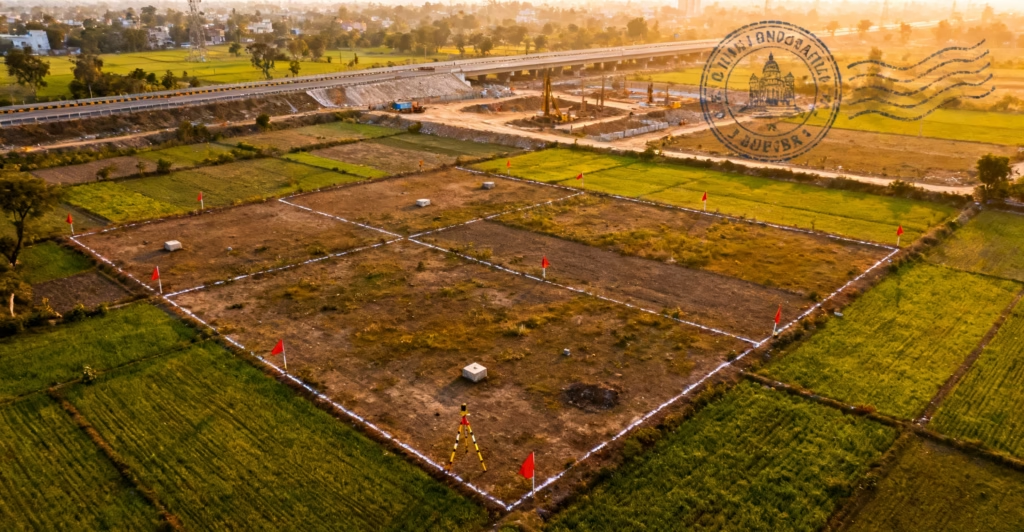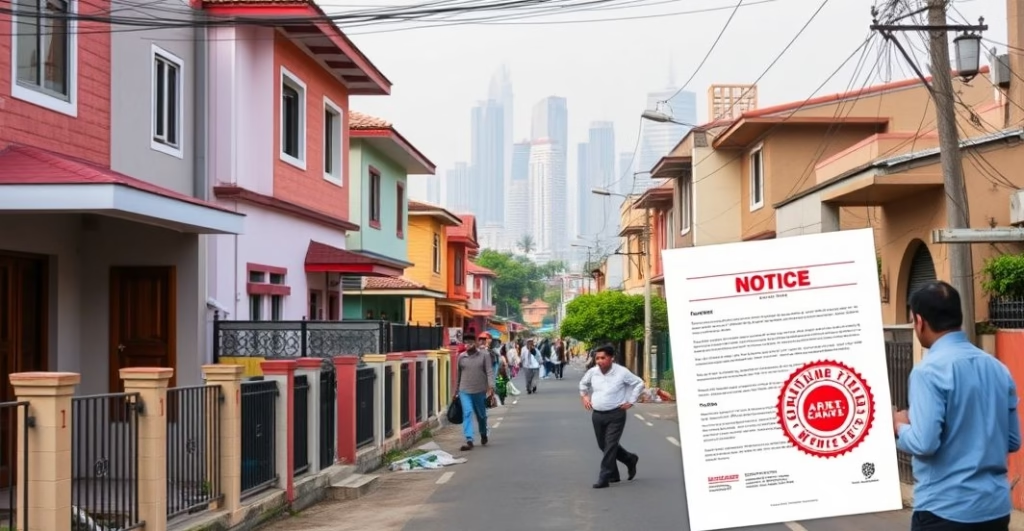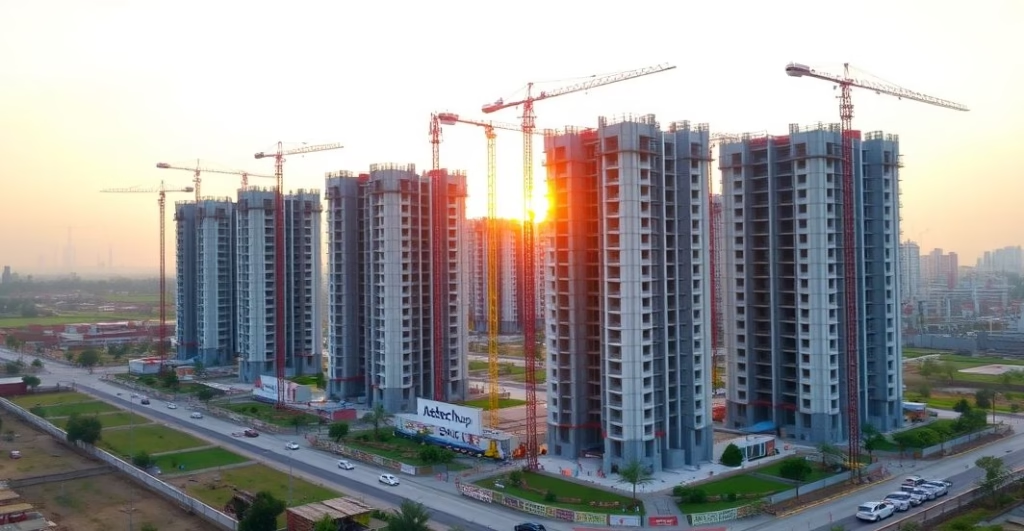Auto-published by Growwh – a smarter way to scale content and marketing. Want to know more? Chat with us.
YEIDA registered 441 hectares across 18 Jewar villages, closing land-record loopholes to prevent illegal sales, mortgaging and misuse of acquired public land.
YEIDA completes registration of 441 hectares in Jewar
YEIDA has officially registered 441 hectares of land across 18 villages in the Jewar area, resolving a long-standing gap in land records. This move closes loopholes that previously allowed illegal sales, mortgaging and cultivation on land acquired for public projects. Clear registration strengthens title security, improves transparency in land transactions and reduces litigation risk for both the authority and prospective buyers.
Why the registration mattered
Before registration, plots acquired by YEIDA were sometimes still listed in the names of former owners. That discrepancy allowed fraudsters and opportunistic buyers to sell, pledge or cultivate those plots even though they were part of land acquired for public development. The updated records remove ambiguity: once a parcel is recorded in YEIDA’s name, individuals and institutions cannot claim ownership or use the land for private benefit.
What the change means for development and investors
Formal registration reduces project risk and speeds up development approvals. For developers and investors focused on the Yamuna Expressway corridor, clarity in land titles encourages new commercial and mixed-use projects. Several contemporary developments illustrate the corridor’s growing appeal: established commercial retail and studio offerings like ACE YXP on Yamuna Expressway and residential-plus-retail hubs such as Gaur Yamuna City on Yamuna Expressway are examples of projects that rely on clean land titles to attract tenants and purchasers.
Benefits for homebuyers and local communities
For local residents and homebuyers, proper registration increases legal protection and reduces the chance of falling victim to bogus transactions. When civic authorities update records promptly, banks and buyers can rely on verified titles—making transactions smoother and institutional financing easier to obtain. The move also protects public assets set aside for infrastructure and civic amenities that benefit the broader community.
Impact beyond Yamuna Expressway: Noida Expressway and nearby retail hubs
Land-record clarity in one jurisdiction has a ripple effect across neighbouring growth corridors. On the Noida Expressway, for example, integrated retail and office spaces such as Sikka Mall of Noida on Noida Expressway depend on robust legal frameworks for lease and ownership arrangements. Clear title records reduce the chance of future disputes that can stall construction or occupancy.
Practical steps for buyers, sellers and developers
- Verify title documents: Always confirm mutation entries and the latest land-record status with the local revenue office or YEIDA records.
- Demand official certificates: For any plot under acquisition or development, request official YEIDA registration proof and copies of the sale notification where applicable.
- Avoid undocumented deals: Do not proceed with purchases based solely on informal agreements, verbal promises or unsigned papers.
- Check for encumbrances: Look up whether a plot has pending mortgages, court stays or police complaints before transacting.
- Use registered professionals: Work with licensed advocates, registered valuers and recognized real estate consultants to reduce fraud risk.
How this improves governance and reduces illegal colonies
Timely record updates help authorities identify and act against illegal colonies and unauthorized development. When land status is unambiguous, regulatory agencies can better enforce planning rules and ensure that land earmarked for public uses remains protected. This is a key step toward curbing unauthorized conversions and ensuring that major infrastructure projects—like the proposed airport and expressway-linked developments—progress without legal gridlock.
What to watch next
Buyers, investors and local stakeholders should monitor YEIDA notifications for further registration drives and published lists of notified villages. Regular updates will indicate whether additional parcels have been reconciled and whether pending disputes have been resolved. For those looking at ready-to-move or upcoming commercial options in the region, verified projects and established developments are safer bets as the land-clearance process stabilizes.
Conclusion
YEIDA’s registration of 441 hectares across 18 Jewar villages is a meaningful step toward transparent land governance in a fast-developing corridor. The decision protects public assets, curbs fraud, and creates a firmer foundation for private investment and public infrastructure. Whether you’re a homebuyer, investor or developer, insisting on verified land records and adherence to statutory procedures remains essential as the region continues to evolve.
This article was auto-generated as part of a smart content campaign powered by Growwh.com. Curious how we do it? Chat with us to learn more about our content automation systems.


